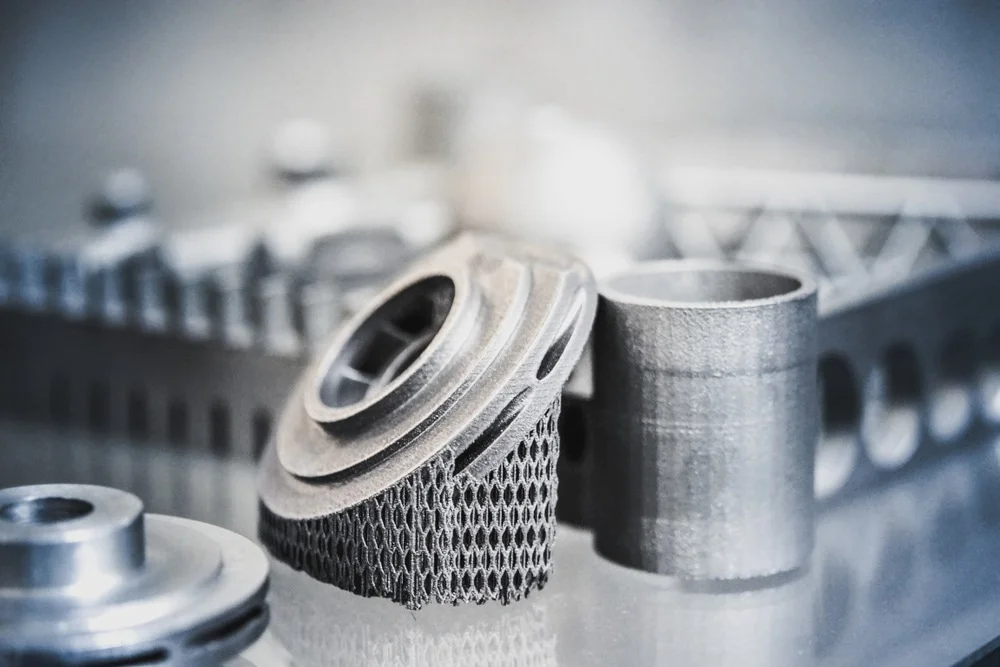ISO 7500 Calibration of High-Temperature Testing Machines
The ISO 7500 series addresses the calibration and testing of high-temperature materials. The standard is essential for ensuring that equipment used in industries like aerospace, automotive, power generation, and petrochemicals accurately measures properties under severe conditions.
High-temperature testing machines are critical tools for evaluating material performance at elevated temperatures, where thermal expansion, creep, stress relaxation, and other time-dependent phenomena play significant roles. This service focuses specifically on the calibration of these machines to ensure that they meet the stringent requirements set forth in ISO 7500.
Calibration is a fundamental process that ensures test results are accurate, repeatable, and reliable. For high-temperature testing machines, this involves not only mechanical adjustments but also thermal stability checks to ensure the equipment operates within specified temperature ranges. The calibration process typically includes:
- Thermal chamber calibration
- Load cell verification
- Digital display accuracy check
- Repeatability and reproducibility testing
- Safety checks for high-temperature operation
The importance of this calibration cannot be overstated. Inaccuracies in high-temperature testing can lead to flawed materials selection, incorrect design specifications, and potentially catastrophic failures in end applications.
For instance, in the aerospace industry, a small error in creep testing could result in premature failure of critical components like turbine blades or engine casings. Similarly, in power generation, inaccuracies in high-temperature stress relaxation tests can compromise the integrity of boiler tubes and other vital plant equipment.
The calibration process is performed using certified reference materials (CRMs) that are traceable to international standards such as ISO 7500. These CRMs ensure that all measurements are consistent with industry benchmarks, thereby enhancing trust in test results.
Our team of experts uses state-of-the-art facilities and advanced instrumentation to provide comprehensive calibration services. We employ rigorous quality control measures throughout the process to guarantee the highest level of accuracy and precision. This ensures that our clients can have confidence in their testing data and make informed decisions based on reliable information.
In summary, ISO 7500 calibration is crucial for maintaining the integrity and reliability of high-temperature testing equipment across various sectors. By adhering to this standard, we ensure that our clients receive accurate, repeatable, and reproducible test results, which are vital for ensuring product quality and safety.
Why Choose This Test
The ISO 7500 calibration of high-temperature testing machines is essential for several reasons. First and foremost, it ensures that the equipment used in critical applications operates within specified parameters, which is vital for maintaining product quality and safety.
Accurate calibration also enhances the reliability of test results, which is crucial for making informed decisions about material selection and design specifications. This is particularly important in industries where materials are subjected to extreme conditions, such as aerospace and petrochemicals.
In addition to ensuring accuracy and reliability, ISO 7500 calibration helps maintain compliance with international standards. This is especially important for companies that operate globally or those subject to stringent regulatory requirements. By adhering to these standards, we can help our clients avoid costly penalties and reputational damage.
The benefits of choosing this service extend beyond just the technical aspects of testing. It also helps build trust with customers, suppliers, and stakeholders by demonstrating a commitment to quality and safety. This is particularly important in highly regulated industries such as pharmaceuticals and medical devices.
Moreover, ISO 7500 calibration can help reduce costs associated with product failures or recalls. By ensuring that testing equipment operates within specified parameters, we can prevent costly mistakes that could lead to product failures or safety issues.
In conclusion, choosing this service is a wise investment for any organization involved in high-temperature testing. It ensures accuracy, reliability, compliance, and trust, all of which are critical for maintaining quality and safety standards.
International Acceptance and Recognition
The ISO 7500 series is widely recognized and accepted across the globe. It is used in industries such as aerospace, automotive, power generation, petrochemicals, and pharmaceuticals, where materials are subjected to extreme conditions.
These standards have been developed by international organizations and are based on best practices from around the world. The use of these standards ensures that test results are consistent and reliable across different regions and countries.
The acceptance and recognition of ISO 7500 is not limited to specific regions or industries. It has become a global benchmark for high-temperature testing, ensuring that equipment used in critical applications operates within specified parameters.
In conclusion, the international acceptance and recognition of ISO 7500 are crucial for maintaining quality and safety standards across various sectors. By adhering to these standards, we can help our clients ensure accurate, reliable test results, which is essential for making informed decisions about material selection and design specifications.





